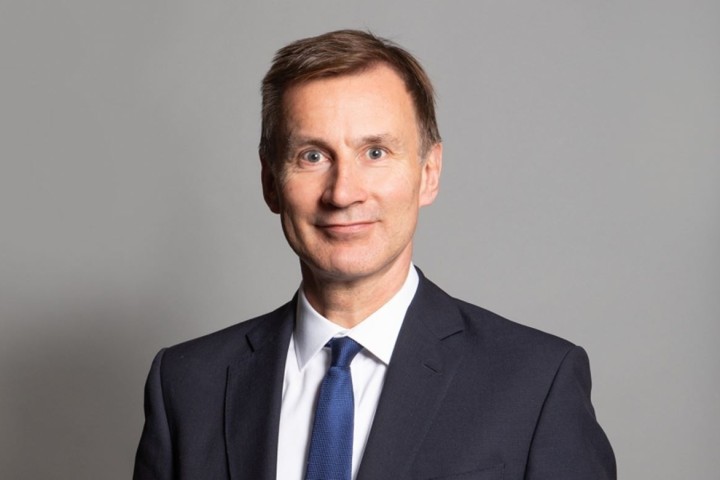With one week until the chancellor's autumn statement, most commentators believe that the big announcements will be saved until March.
While there is some pressure on Jeremy Hunt to lower taxes in his November 22 announcement, it is likely that any blockbuster moves will be saved until the Spring when they will have a bigger impact on the general election.
Tony Medcalf, tax partner at accountancy and advisory firm MHA Moore and Smalley, said: "People have asked me if the government will use the autumn statement to unveil some potentially vote-winning tax cuts. My personal view is the chancellor will save any major tax changes for the spring budget. Anything that’s announced now is going to have less impact than if the government waits until a few months before the voters go to the polls.”
Tony added: “I don’t think the chancellor will want to risk spooking the markets with any major policy shifts when inflation is just starting to come back down. I suspect the autumn statement will be more of an update on the macro-economics, how income and expenditure is performing against forecasts, than unveiling big tax cuts.
“I always say don’t rule anything out, but I expect the fiscal fireworks to come in March’s budget announcement when an election will be looming much larger on the horizon.”
Matthew Johnson, Associate Partner, Preston headquartered chartered accountants and business advisors WNJ, says the chancellor may be limited in the options available to him.
He said: "With the Tories trailing in the polls, recent heavy by-election defeats and the economy flat-lining anything that looks like a vote-winner will be welcomed by the party faithful. However, it is also clear that the chancellor has little room for manoeuvre given the high level of national debt and other fiscal challenges facing the Treasury.
"That said, there are clear indications that the desire is there to cut business taxes in a bid to stimulate growth and get the economy moving in the right direction."
This may include extending the full expensing capital allowance regime that allows businesses to deduct the full cost of investments in IT equipment, plant or machinery from their profits.
"That would be a widely welcomed move," said Matthew. "So too would an extension to business rates relief beyond spring 2024, particularly in the hard-pressed retail, leisure and hospitality sectors."
He added: "The chancellor is also said to be considering changes to ISAs in a bid to simplify the system, along with an increase in the stocks and shares ISA annual allowance, currently £20,000.
"There have also been reports that a change in Inheritance Tax (IHT) could also be on the cards – either cutting it or scrapping it all together."
At the moment IHT is charged at 40 per cent on assets or money that you leave to your heirs over the tax-free threshold of £325,000.
Tony added: "There’s not currently a great deal separating the two largest parties in terms of their tax policies. “Inheritance tax is one of the few areas where the Conservatives would be able to create an ideological difference between themselves and the other parties.”
Away from taxation and investment incentives, small businesses will be looking to see if there is any movement on issues such as late payment and the skills agenda.
Enjoyed this? Read more from Tim Aldred























